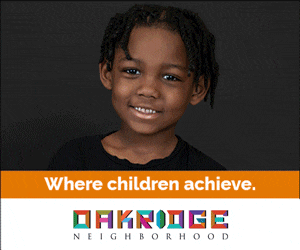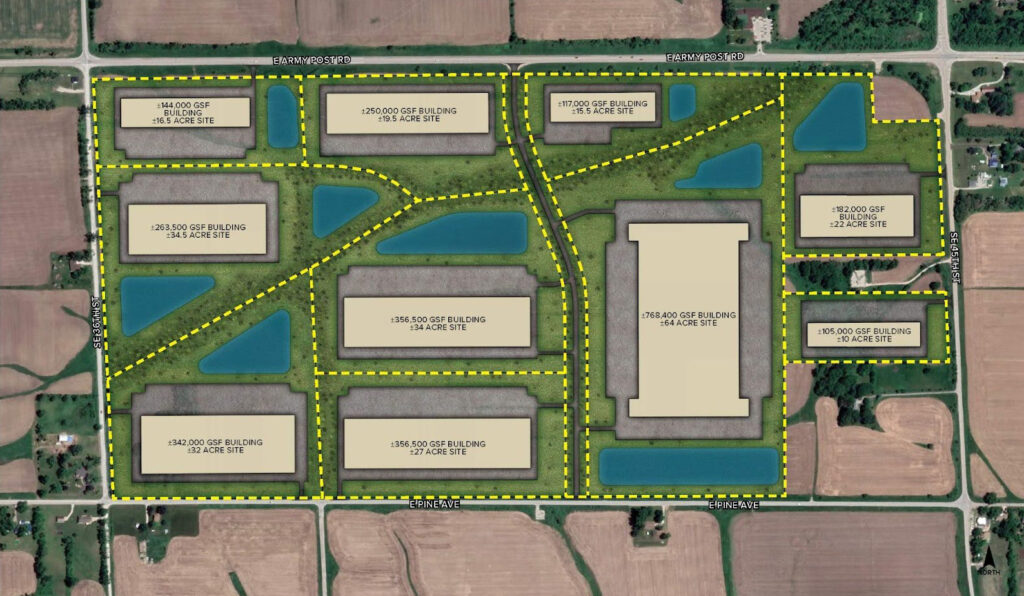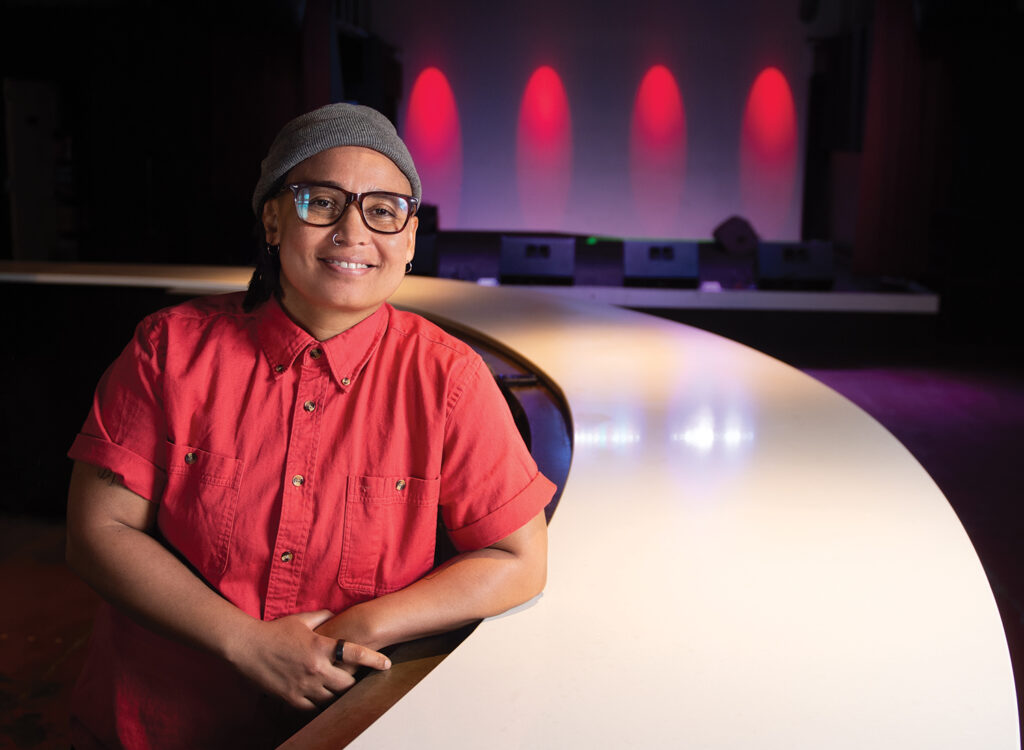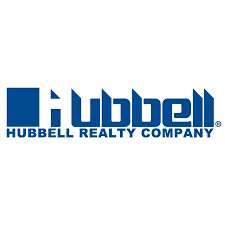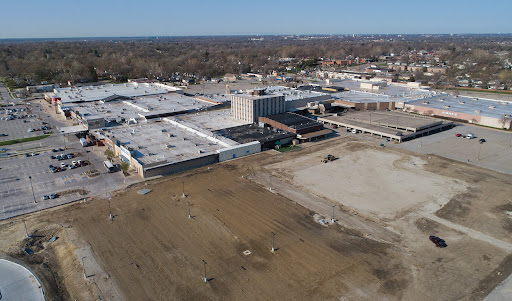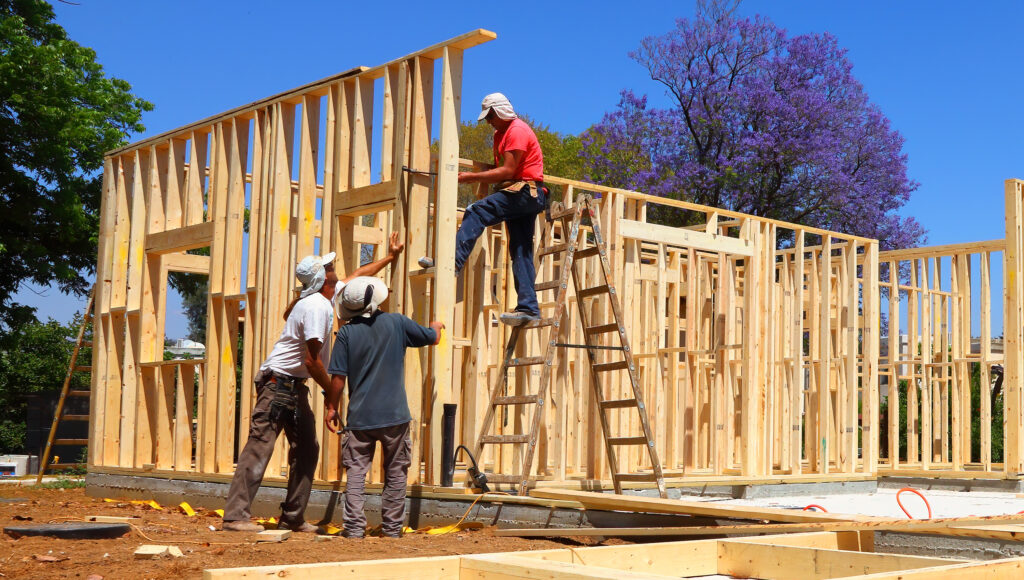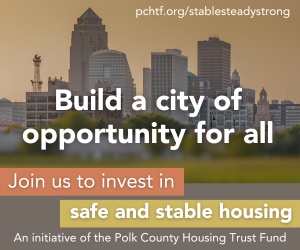A park for all abilities
Athene North Shore Recreation Area to complete $23 million renovation of Easter Lake, launch partnership opportunities

SARAH BOGAARDS Dec 6, 2022 | 8:30 pm
9 min read time
2,215 wordsBusiness Record Insider, Real Estate and DevelopmentOn a windy day in November, Ric Jurgens and Bob Myers, former CEOs of Hy-Vee and Casey’s, respectively, pointed out the features of the future Athene North Shore Recreation Area at Easter Lake Park that will make visiting the park easier for all visitors, including veterans and people with accessibility needs.
Wide concrete pathways and large mats laid over the sand will allow people using wheelchairs or other mobility assistance to navigate the park and beach. Swimming, fishing, rowing and boating will be made accessible through adaptive ramps, docks and boats.
After construction of the recreation area is complete in 2024, Easter Lake will have completed $23.2 million in renovations since 2018 in various parts of the park. With visitors to the park doubling to more than 1.1 million in 2020 due to the improvements and increased interest in outdoor recreation, the significant investment is expected to attract economic opportunities and serve individuals and organizations across the region, state and country.
Jurgens and Myers are serving as co-chairs of the project’s leadership team, which is striving to make the park the country’s most accessible and universally designed. They led the project’s private phase of the capital campaign, raising $8.1 million to fund the renovation of the park despite updating the budget due to increased construction costs.
The public phase of the campaign, which lasts through the end of 2022, is raising $500,000 to hire a full-time staff member and fund educational programming for three years.
A wave of change for Easter Lake
The vision for a fully accessible Easter Lake Park started with a request to adapt just one element of the 468-acre space.
Around 2019, the Des Moines Rowing Club was talking with Polk County Conservation, which manages the park, about moving its training facilities for novice and adaptive rowers to Easter Lake. A rower himself, Jurgens said the club’s need for an adaptive dock and boathouse started the conversation about creating accessible recreation across the park.
He introduced Myers, who served 22 years in the U.S. Army, to the project. They each had learned about the mental health benefits that rowing could provide for veterans who experience post-traumatic stress and wanted to make the sport more accessible.
“If it involves veterans and their health and well-being, then I will certainly get involved in that sort of thing,” Myers said. “We all know people. We all have people who are handicapped in one way or another. If we can make their life easier and more inclusive to enjoy the kinds of things that we take for granted, I’m going to get involved in that.”
As well as accommodations for physical disabilities, a quiet room is planned to support individuals who can enjoy the park for longer if they have a place to take a break from stimulation and activity.
The leadership team raised the $8.1 million for construction in less than a year but struggled with pandemic-related increases to costs, which ultimately doubled the amount they needed to raise, Myers said. Jurgens said the team kept their commitment to the effort because they understood it was “too important to our community and to the future of creating accessible outdoor spaces.”
Business and individual donors recognized the value the revitalized recreation area could bring to the community too. Jurgens’ and Myers’ connections around Des Moines as former CEOs helped get the idea in front of a lot of people, but the project’s goal and potential impact spoke for itself, the co-chairs said.
Rona Berinobis, Athene’s vice president of corporate social responsibility and organizational development, said the priority on accessibility for all ages and abilities was the “linchpin” in Athene’s decision to become the project’s lead donor with a $1 million commitment.
Berinobis said the company intends for its actions in the community to reflect its belief in the strength that diversity brings to teams and communities.
“We recognize that we have a responsibility as an employer of 1,500 employees in the area to really lead by example, and [accessibility] is one facet of diversity,” Berinobis said. “Inclusion is a mindset and it’s something that’s important to us as a workforce, and it’s important that we also show up in the community in a way that demonstrates what inclusion means beyond just typical definitions. It’s important to us that we look at it and recognize how it can make a difference by treating everyone with respect and dignity and making sure that accessibility is there for everyone.”
Elevating value with community, economic partnerships
Enhancing the park with opportunities to support education and the community is the focus of the current public phase of fundraising, which lasts through the end of 2022.
Meeting the $500,000 goal will fund three years of Polk County Conservation educational programming, partnership-building and a full-time staff member who will help secure future funds for the park and facilitate community outreach. More than $300,000 has been raised since July, according to Polk County Conservation.
The Environmental Education Learning Center, a four-season shelter, will be added during construction to house programming and serve as a public space available to rent.
Jurgens said these additions were intentional, as the project’s leadership team wants Easter Lake to be the same kind of amenity and resource to the southeast side of Des Moines that Jester Park’s Nature Center has been to the northwest side of the city.
EMC Insurance Cos. CEO Scott Jean, who is chairing the public phase of the fundraising, said the wide range of amenities Easter Lake will have is going to “really increase the value of the park and really increase the number of people who are going to be visiting there every year.”
Myers said the bike trails surrounding Easter Lake will make the Athene North Shore Recreation Area accessible by bike from around the Central Iowa region. Leaders from Carlisle have been involved in the project as the city seeks to connect its 11-mile Summerset Trail with Central Iowa’s trail system, he said.
Coordinating with local organizations such as ChildServe or the Department of Veterans Affairs to partner on programming for veterans or individuals with disabilities will be part of the staff member’s role in overseeing the recreation area.
The role will also support other park managers who are interested in implementing the same universal design process that was developed for the Easter Lake project. Polk County Conservation will use the process in all of its future building and design efforts, Jurgens said.
More future visitors could be from around the country as the park opens itself up to economic opportunities like hosting rowing competitions, known as regattas, and other sporting events. The State Games of America, a national regatta, was held at Easter Lake this summer, Jurgens said.
A variety of business and community leaders came together to support the project and “create something unique within a community,” Jean said, and that unity will be one throughline in any future efforts around accessibility as well.
“You can have individual companies that do one-offs or try to be more accessible than what others might be, but really the only way you’re going to make a meaningful impact in the community is to have community leaders come together with these types of things to make a difference,” Jean said.
What: Athene North Shore Recreation Area at Easter Lake
Planned features: Wide concrete pathways for wheelchairs and walkers; beach mats for accessible walkways over sand; accessible canoe and kayak launch; boathouse for para-rowing programming; quiet de-escalation room; adaptive and accessible equipment inventory; zero-entry ramps for accessing water; accessible natural playscape; adaptive fishing boat and dock; wheelchair-accessible bike trail; and accessible facilities and signage.
Amount raised: $8.1 million during private phase for construction costs. The public phase of fundraising, which runs through the end of 2022, has raised more than $300,000 of its $500,000 goal.
Funding sources: $1.65 million from Polk County, Polk County Conservation and the city of Des Moines, a $2.5 million Destination Iowa grant, and $3.9 million in private donations from corporations, nonprofits and individuals.
Timeline: A groundbreaking was held in late October. The estimated completion date is spring 2024.
How to donate: Donations to the public phase of the campaign are being accepted through the Great Outdoors Foundation through the end of 2022. https://bit.ly/3uft3UY
Developing a tool for universal park design
The effort to create a universally designed experience at Easter Lake Park brought in a variety of stakeholders. Locally, Shive Hattery worked with the Harkin Institute as well as Drake University professor of occupational therapy Molly Wuebker as a consultant.
Wuebker said universal and inclusive design and its overlap with occupational therapy has been a professional interest throughout her career. She left Drake in August, inspired by her work on the Easter Lake designs, to start her own business called Uncurbed, which combines her expertise and connections in occupational therapy and design thinking to support accessibility and employability for people with disabilities.
Input on the design also came from focus groups, which were composed of community members with and without accessibility needs, and surveys.
Wuebker worked closely with Courtney Brown, an interior designer at Shive Hattery who has expertise in universal design, on research into universal park design, which led to a tool that will help other parks managers implement universal design.
The tool will be ready to share in early 2023, according to Polk County Conservation, which has said it will use the universal design process on its future design and building projects. The full-time staff member who will oversee partnerships with the recreation area will also facilitate outreach and support for parks organizations around the country or beyond that are interested in universal design for their outdoor spaces.
Using their research and community feedback, Wuebker and the team formed five categories to consider for a universally designed park: physiological and motor capabilities, processing skills, health and safety, contextual factors, and sustainability.
The group didn’t start creating the design with the thought that it would be shared, but Wuebker said during the process they identified a clear opportunity to offer a template to make implementing universal park design easier and accessible.
Wuebker shares more.
What is unique about the process to make the Athene North Shore Recreation Area universally designed?
Really, what we’re providing is a process, and the tool is a part of that process. What we did that differentiated [this] perhaps from other projects is we created this well-rounded team that included the client, that included the design team, that included design advisers like myself and others. Also included as a design adviser would be those people that participated in our surveys and the community members that participated in the focus groups; they were an integral part of it. What I think should become common practice is really designing with people versus for people, seeking those diverse perspectives in different ways and doing it at the onset and then throughout the design of an initiative. A process is what it is, and then the tool is a key component to that process because you’re going to get to a place where “OK, now it’s time to actually come up with this design.” So now this tool can be used as a menu item, but then also as a checklist. What’s on the tool itself is a series of universal design considerations that have been categorized based on the eight goals of universal design as well as an additional goal, that included sustainability, because that was another initiative as part of this and sustainability is a related field when it comes to universal design.
How could this tool be beneficial for people with accessibility needs and for people working in the design or development process that haven’t experienced accessibility needs?
In terms of [people with accessibility needs], one opportunity for the individuals is for them to feel empowered to share their lived experience and to know that they have a wide scope of invaluable advice to offer to any design team. I think there could be some opportunities to empower them, whether it’s through more volunteering, or what would be really cool is being able to be even compensated for their lived experience and their expertise in that. With employability compared to people without disabilities there’s definitely a gap, so that could be a great way for them to gain additional compensation and use their lived experience to help with that.
From a design standpoint, there’s so many benefits when you’re designing with people, whether it’s people with or without disabilities, but people who have invaluable advice to share, you are giving them ownership or you’re sharing that power and that knowledge, and that creates a really cool partnership, and ultimately leads to those individuals having an increase in loyalty, whether it’s to a space or a product or service. They’re going to want to take better care of that space. Designing with accessibility really at the forefront could actually lead to less rework, which then could increase productivity because you could have more opportunities to work on other projects. Also, I think you’re designing for impact, and that can also fill them with a sense of fulfillment and knowing that they’re a part of a greater cause that goes beyond traditional design.

